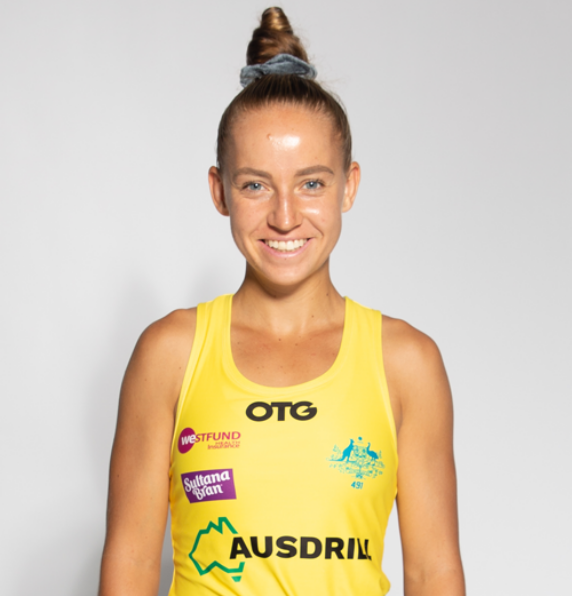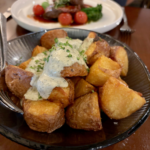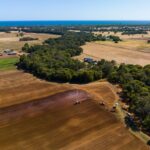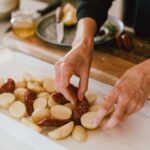
14 Oct Athlete Performance Starts In The Kitchen
Australian Hockeyroos player Georgia Wilson is also the founder of Activ8 Hockey. Activ8 Hockey has quickly emerged as one of Perth’s leading school holiday hockey programs since its launch in 2019. The camps deliver fun and intense hockey action with favourite and idolised international players and is available for athletes aged between 6-16 years old. Website: www.activ8hockey.com.au
Potatoes, pasta, brown rice, sourdough bread, oatmeal, quinoa, udon noodles.
A powerhouse list incorporated and consumed at every meal and an assortment of carbohydrate rich foods uniting together to form the bulk of my diet as I prepare for individual selection to the Tokyo Olympics in 2021.
It’s important to understand though that it didn’t always exist this way. For a period of three years, I foolishly boycotted every one of these delicious foods after finding myself deep within the grasp of an eating disorder which developed as a harmful by-product on my quest to become the ‘perfect’ athlete. The perfect athlete who didn’t eat pasta, who didn’t eat bread and one who certainly didn’t eat potato.
The three high carbohydrate monster foods whose sole mission was to devilishly cause weight gain to all who indulged them. At least, that was the irrational fear and absurdity that circulated my mind and sadly the current thoughts of many individuals nationwide.
What we often aren’t told or taught however is the necessity to consume these foods, especially important for developing athletes who are trying to meet increased energy output. Training six days a week, often with back to back sessions requires proper nourishment and real food is necessary to fuel performance success.
Competing internationally, I’ve personally noticed the dramatic benefits when I re-integrated these magnificent foods back into my daily diet. Sharper concentration, mental presence, increased energy, improved mood and not to mention sporting growth and recovery promotion.
Looking specifically at the humble potato and its secret superpowers, it’s the perfect candidate to fit into almost any diet type. Vegan, dairy-free and naturally gluten-free, it can easily be digested and added to pre or post-competition meals for a natural source of carbohydrate and sustained energy release. One of my favourite recovery meals following an intense morning session is to quickly whip up a Spanish omelette which doubles as a delicious breakfast made by whisking eggs, cubed potatoes, chopped parsley and grated parmesan together.
Potatoes also act as an affordable and inexpensive staple ingredient for many other meals such as gnocchi and curries. Storing them at cool temperatures in dark pantries allows them to keep longer and can provide comfort knowing you won’t find yourself reaching for those pre-packaged and highly processed foods that are likely to find their way onto your plate if you’re unprepared at dinner time.
Try mixing up your post-training meal at night by topping a steamed jacket potato with shredded chicken, black beans and cottage cheese. Potatoes are a great source of potassium, with a medium skin-on potato containing 620 milligrams of potassium which is more than a medium-size banana! Sodium and potassium are two of the most important electrolytes to allow for optimal muscle, cardiovascular and nervous system function so adding a generous pinch of salt won’t only enhance the flavour of your meal but also replace any electrolytes lost during exercise.
Whether you try incorporating potatoes into your next pre-training snack or post-workout meal, steam up a batch to keep in your fridge and devour for an instant pick me-up the next time you’re chasing success!










